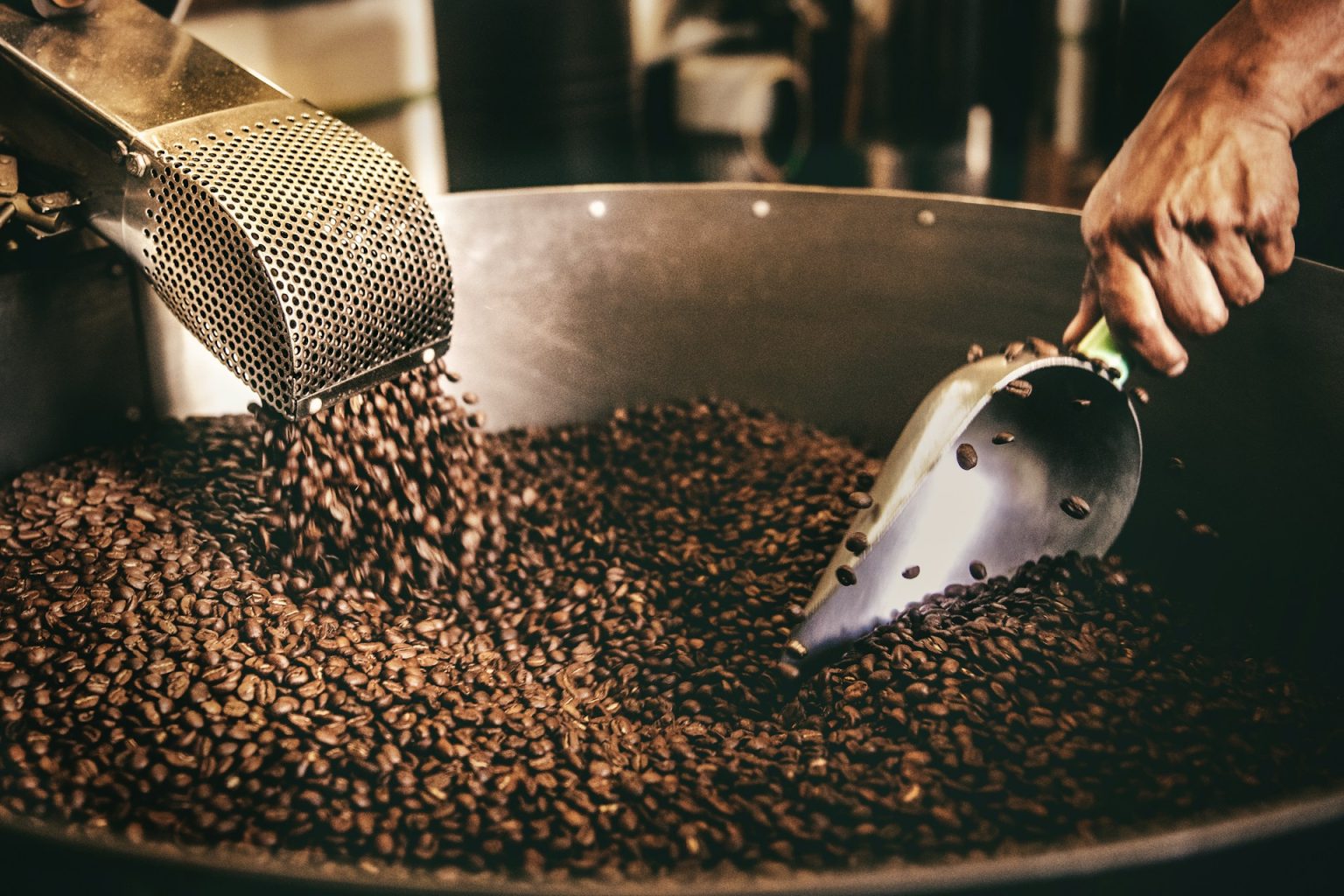The world of coffee has undergone significant changes in recent years, with a growing shift towards high-quality, artisanal products. As consumers become more knowledgeable and discerning about what they drink, there has been a noticeable move towards speciality coffee. Among the key drivers of this change is the rise of small batch roasting, a practice quickly becoming the future of speciality coffee. But what is it about small batch roasting that has captured the attention of coffee lovers around the world? From unique flavour profiles to enhanced traceability and direct relationships with farmers, small batch roasting is changing how we experience coffee.
A Focus on Unique Flavour Profiles
One of the main reasons small batch roasting is becoming the go-to method for speciality coffee is that it allows roasters to focus on the unique flavour profiles of each batch. Unlike mass roasting, which can lead to a homogenised product, small batch roasting provides for greater precision and control over the roasting process. This means roasters can highlight different coffee beans’ subtle and complex flavours.
Each coffee variety has its distinct flavour profile, influenced by factors such as the altitude at which the beans are grown, the climate, the soil, and the farming techniques used. Small batch roasting allows these unique characteristics to shine through, delivering a coffee experience far more complex and enjoyable than what is typically available from mass-produced coffees. For example, a small batch roaster can adjust the roasting time and temperature to emphasise fruity, floral, or nutty notes, allowing the coffee to develop uniquely.
This commitment to highlighting flavour profiles elevates the quality of the coffee and appeals to consumers who are seeking a more nuanced and personalised coffee experience. As people become more familiar with different types of coffee, the demand for unique and high-quality flavours continues to grow, making small-batch roasting a key part of this movement.
Traceability: From Bean to Cup
Another significant advantage of small batch roasting is the increased focus on traceability. In the coffee industry, traceability refers to the ability to trace the journey of a coffee bean from the farm where it was grown to the cup of coffee a consumer drinks. With small batch roasting, this process becomes far more transparent, as roasters often work directly with farmers or cooperatives to source their beans.
When coffee beans are sourced through small batch roasters, they often have a straightforward story behind them. Roasters can provide detailed information about where the beans are grown, who grew them, and how they were processed. This starkly contrasts with the anonymity often associated with mass-produced coffee, where the origins of the beans can be difficult, if not impossible, to trace.
Traceability is becoming increasingly important to consumers, especially those concerned about the ethical and environmental impact of their purchases. Many coffee drinkers want to know that their coffee was grown sustainably, that farmers were paid fairly, and that the coffee was produced in a way that respects both the environment and the people who grow it. Small batch roasters are well-positioned to meet this demand, offering coffee with a clear, traceable story that adds value and transparency to the overall experience.
Direct Relationships with Farmers
Small batch roasting also creates opportunities for roasters to build direct relationships with coffee farmers. Traditionally, coffee has moved through several intermediaries before reaching the consumer, with farmers often receiving only a small percentage of the final price. Small batch roasters, however, tend to focus on working directly with farmers or cooperatives, cutting out the middlemen and ensuring that more of the profits go back to the growers.
This direct trade model allows small batch roasters to pay farmers a fair price for their beans, often above the market rate, which helps support sustainable farming practices and improve the livelihoods of coffee producers. By working closely with farmers, small batch roasters can also gain a deeper understanding of their challenges and work together to improve the quality of the coffee and the sustainability of the farming practices. This creates a more ethical and mutually beneficial relationship between roasters and farmers, ultimately leading to better-quality coffee for consumers.
The Future of Speciality Coffee: A Growing Trend
The shift towards small batch roasting is not just a passing trend – it is shaping the future of the speciality coffee industry. As consumers become more sophisticated and demanding, they seek high-quality, sustainable, and traceable coffee options. Small batch roasting offers all this and more, providing a unique opportunity for roasters to showcase the diversity and complexity of coffee flavours while supporting ethical practices and building direct relationships with farmers.
This new wave of speciality coffee pushes the boundaries of what we know about coffee, encouraging innovation and creativity in roasting. Whether it’s experimenting with new flavour profiles, supporting sustainable farming, or promoting transparency through traceability, small batch roasting is helping to redefine what makes great coffee.
For coffee lovers, this means an exciting future, filled with more options to explore and discover. So, the next time you sip a cup of specialty coffee, take a moment to appreciate the care and dedication that went into roasting that batch – and remember that small batch roasting is leading the way in shaping the future of coffee.


